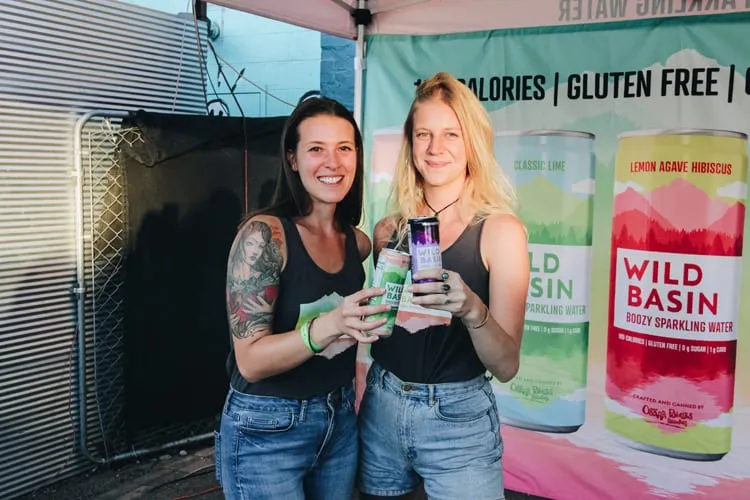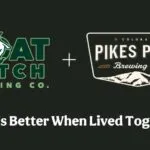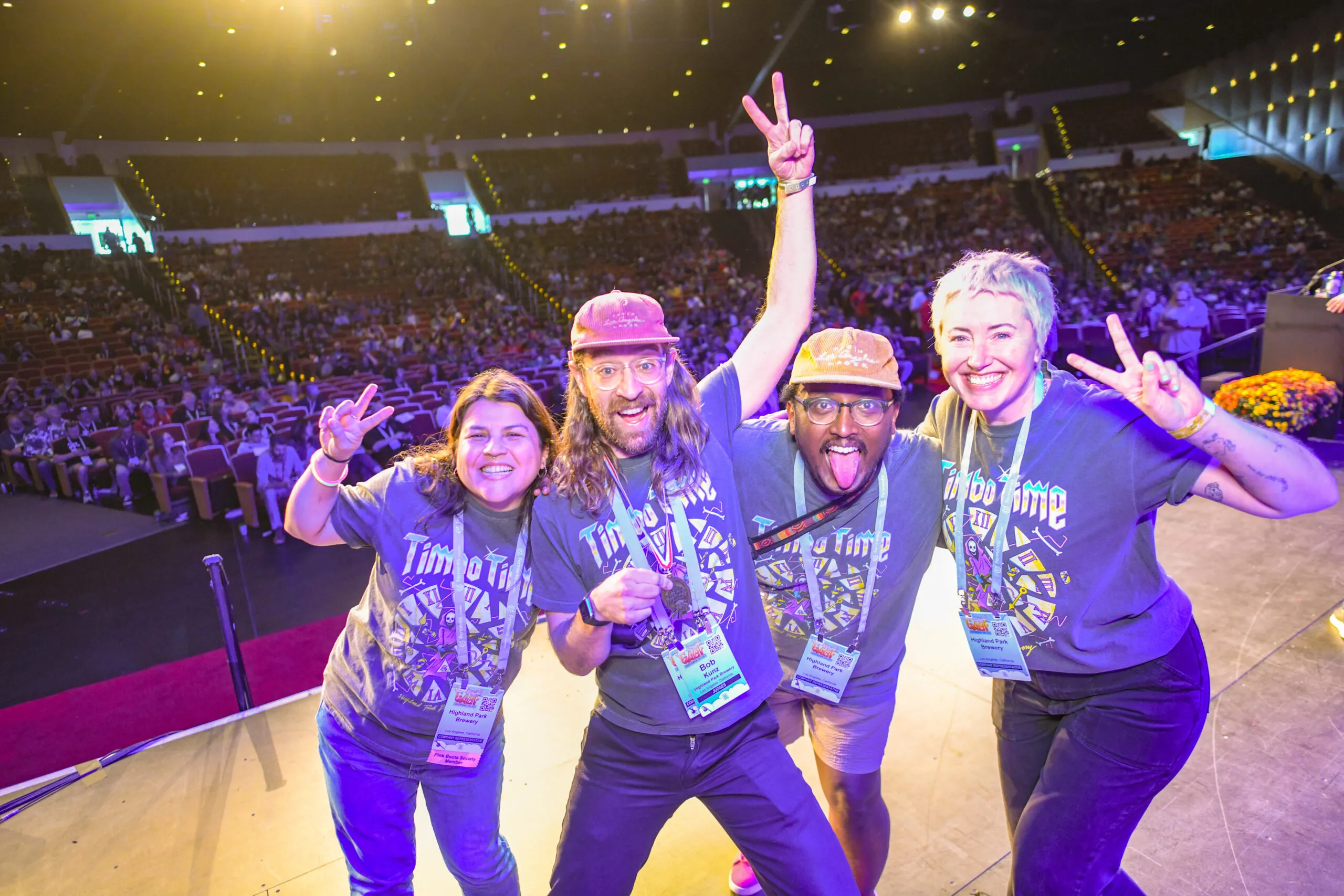Hard-seltzer brewing spikes in region

Hard seltzer was supposed to be a female-targeted drink. Gluten free, lower-alcohol, lower calorie count.
At least that’s the idea Nick Shields, manager of a small beer brand in Connecticut, got in 2012 while watching five women order five vodka-sodas at a dive bar. “What if,” he thought, “I could brew something as light, simple, and clear but with a moderate alcohol level? Something bubbly, refreshing, low-sugar, and with natural flavors? Something that tasted like sparkling water? It was so simple, yet it did not exist.”
Late that year, in his Westport, Connecticut, garage, Shields created…
THIS ARTICLE IS FOR SUBSCRIBERS ONLY
Continue reading for less than $3 per week!
Get a month of award-winning local business news, trends and insights
Access award-winning content today!





